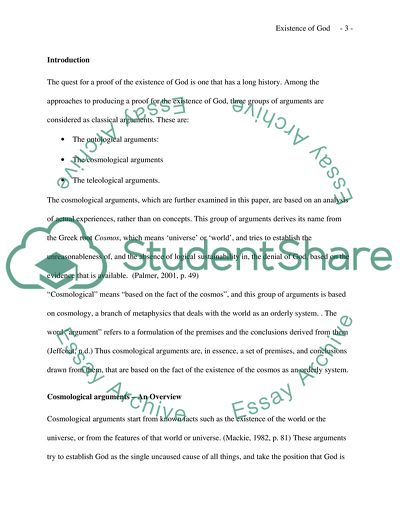Cite this document
(“Not Found (#404) - StudentShare”, n.d.)
Not Found (#404) - StudentShare. Retrieved from https://studentshare.org/religion-and-theology/1733703-explain-the-cosmological-argument-for-the-existence-of-god
Not Found (#404) - StudentShare. Retrieved from https://studentshare.org/religion-and-theology/1733703-explain-the-cosmological-argument-for-the-existence-of-god
(Not Found (#404) - StudentShare)
Not Found (#404) - StudentShare. https://studentshare.org/religion-and-theology/1733703-explain-the-cosmological-argument-for-the-existence-of-god.
Not Found (#404) - StudentShare. https://studentshare.org/religion-and-theology/1733703-explain-the-cosmological-argument-for-the-existence-of-god.
“Not Found (#404) - StudentShare”, n.d. https://studentshare.org/religion-and-theology/1733703-explain-the-cosmological-argument-for-the-existence-of-god.


